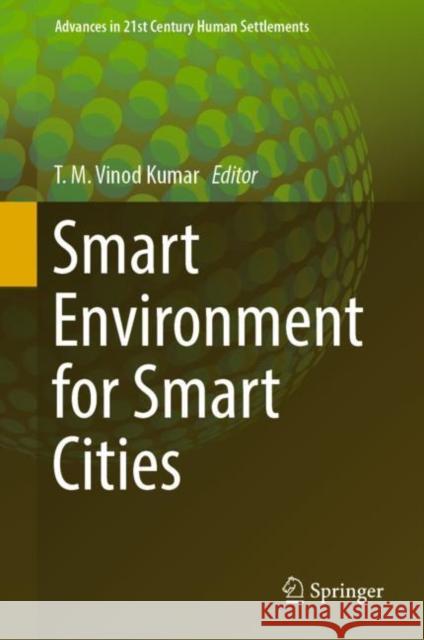Smart Environment for Smart Cities » książka
topmenu
Smart Environment for Smart Cities
ISBN-13: 9789811368219 / Angielski / Twarda / 2019 / 530 str.
Kategorie BISAC:
Wydawca:
Springer
Seria wydawnicza:
Język:
Angielski
ISBN-13:
9789811368219
Rok wydania:
2019
Wydanie:
2020
Ilość stron:
530
Waga:
0.95 kg
Wymiary:
23.39 x 15.6 x 3.02
Oprawa:
Twarda
Wolumenów:
01
Dodatkowe informacje:
Wydanie ilustrowane











